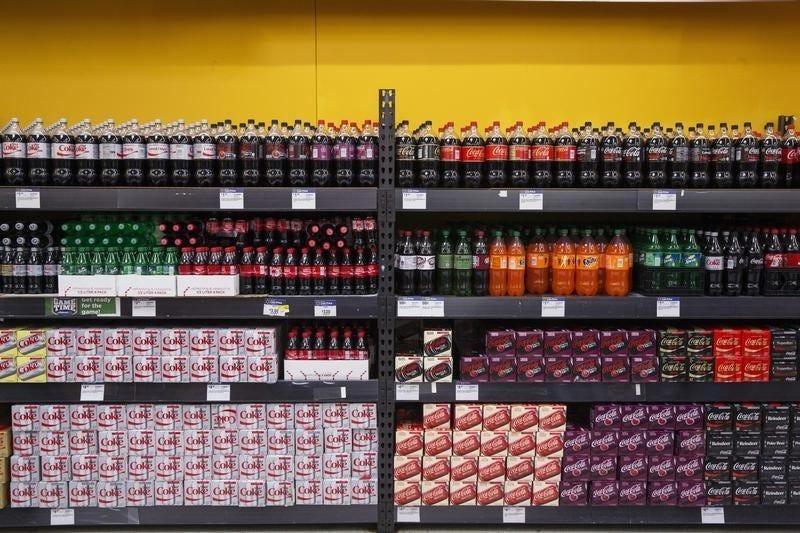
Wildlife exploitation and the planet’s unsustainable food systems are enhancing the risk of a new zoonotic disease emerging, caused by a pathogen that has leaped from a non-human animal to a human.

Even if the company still refuses to take responsibility for the claims that its iconic baby powder causes harm to human health, namely ovarian carcer, people are relieved that the products will no longer be available.

Major organizations have warned against children's use of hand-held devices in recent years. Tablets, phones, and computers do not cease to be harmful devices just because we have little else to distract us these days.

About 35 companies and academic institutions are racing to create Covid-19 vaccine.

According to most recent study, vegetarians have a 48% lower risk of overall stroke than non-vegetarians, a 60% lower risk of ischemic stroke and a 65% lower risk of hemorrhagic stroke.

Too much time sitting still is linked to an increased risk of depressive symptoms in adolescents, finds a new study. The study found that an additional 60 minutes of light activity daily was associated with a 10% reduction in depressive symptoms.

A new study suggests that significant early childhood exposure to traffic-related air pollution is associated with structural changes in the brain at the age of 12. Specifically reductions in gray matter volume and cortical thickness.

The World Health Organization (WHO) on Thursday declared the coronavirus a public health emergency of international concern. The UN's health arm said the move was to protect countries with "weaker health systems."

They’re cloyingly sweet, nutritionally empty—and, increasingly, subject to taxation. More than 35 countries and seven cities in the US — now impose a tax on soda and other sugar-sweetened beverages, and several more places are considering it.

Between 2007 and 2017, children in eight low- and middle-income countries received, on average, 25 antibiotic prescriptions from birth through age 5 - up to five times higher than the already high levels observed in high-income settings.

The study reports monetary estimates for the main children health problems that are consequences of early exposure to air pollution, 80 percent of which is attributable to burning of coal, oil, diesel and gas.

BPA or Bisphenol A (a toxic ingredient in plastic products) levels on might be far higher then we previously tested, a new study, that used new device to measure levels of the common industrial chemical in our bodies, suggests

The discovery of abundant toxic nanoparticles from air pollution in human brains was made in 2016. A comprehensive global review earlier in 2019 concluded that air pollution may be damaging every organ and virtually every cell in the human body.

Children who have more screen time have lower structural integrity of white matter tracts in parts of the brain that support language and other emergent literacy skills.

The evolution of dietary and hygienic habits in Western countries is associated with a decrease in the bacteria that help in digestion. These very bacteria were also found in the Iceman, who lived 5300 years ago, and are still present in non-Westernized populations in various parts of the world.